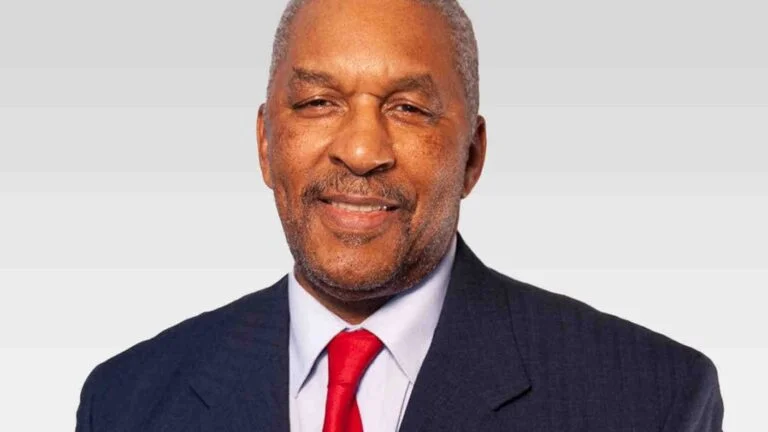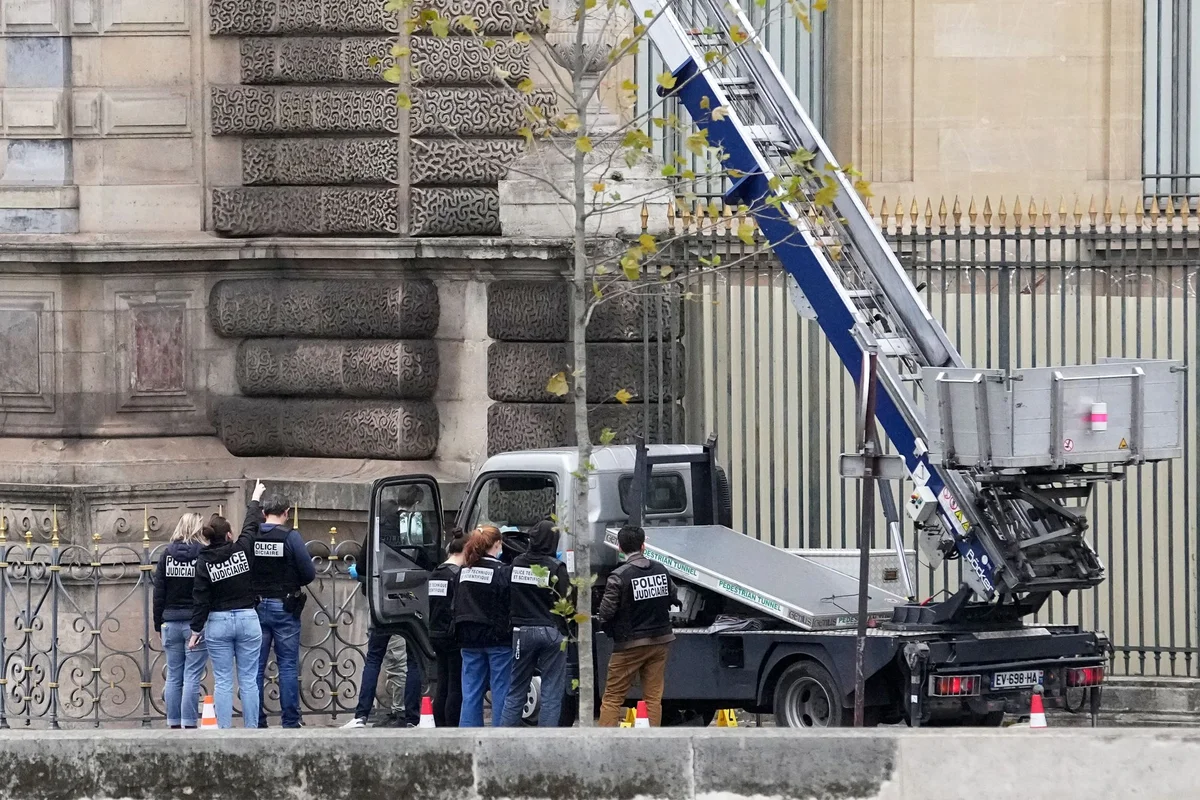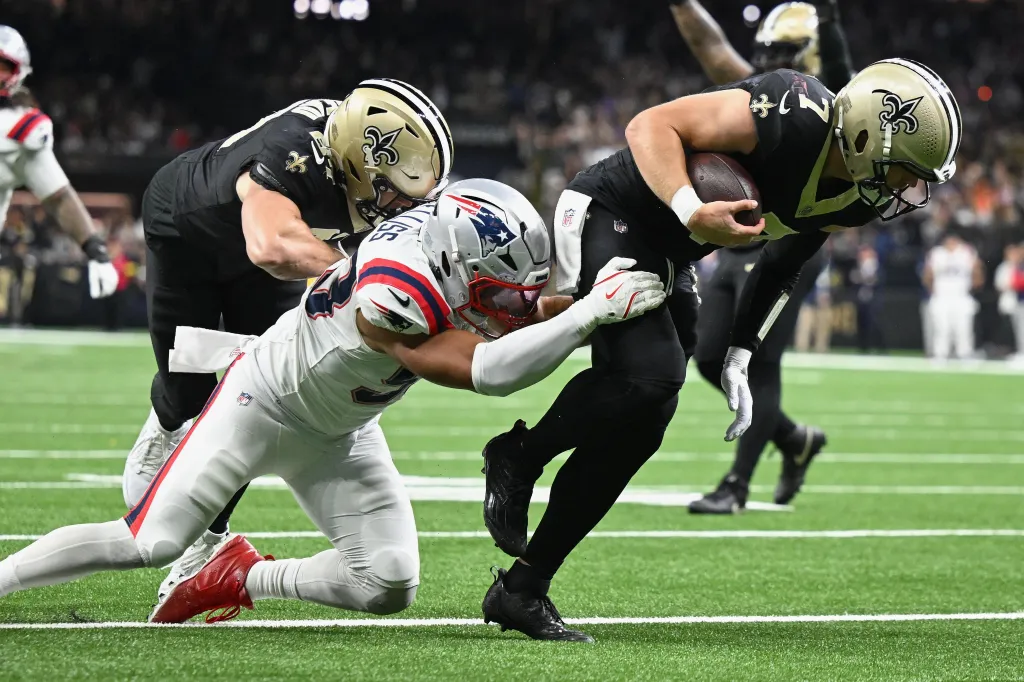Copyright Boston.com

The federal lawsuit points to a “widespread practice” of officers who forced false identifications from witnesses and routinely buried evidence ahead of trials. After winning the maximum settlement from Massachusetts, a Roxbury man who was unjustly incarcerated for 15 years filed a federal civil rights lawsuit, claiming he, like many others, was framed by the Boston Police Department. “Time and again, innocent men were convicted of serious offenses, including rape and murder, and imprisoned for decades based on unreliable and fabricated identification evidence,” the lawsuit said. The federal lawsuit filed Tuesday points to an alleged “widespread practice” of officers who forced false identifications from witnesses and routinely buried evidence ahead of trials. It names the City of Boston as a defendant alongside Louis McConkey, Peter O’Malley, and John J. Daley, all former Boston police detectives. Milton Jones, who is now 73 and works in reentry services for a nonprofit, was convicted in 1975 of murdering the owner of a Roxbury bar during a robbery, according to the lawsuit. He served 15 years in prison and more than 30 years under restrictive parole conditions before his conviction was vacated in 2022. Based on online obituaries, the three former detectives appear to be deceased. Jones’s lawyer Katie McCarthy said that could be true, but the claims are directly against the city. “Mr. Jones’s wrongful conviction was no accident—he was framed by detectives and officers from the Boston Police Department,” the lawsuit said, “who acted pursuant to the BPD’s policies, patterns, practices, and customs in effect at the time. Indeed, the individual defendants here were serial civil-rights violators and have caused numerous wrongful convictions.” Detectives allegedly forced witness identifications In 1975, no forensic evidence tied Jones to the murder, and eyewitnesses reported the shooter to be a much shorter man who was referred to by “Larry,” the lawsuit said. During the robbery, Jones said he was instead with his group of friends waiting to see Kool & the Gang at a free city-run summer concert. During the investigation, McConkey, O’Malley, and Daley showed the witnesses 12 mugshots, including Jones’s. One identified someone else, which the detectives falsely told prosecutors did not happen, the lawsuit alleges, while also fabricating another identification from a witness. “That’s something Defendants made up,” the lawsuit said. “The defendants successfully coerced (the witness) into providing false evidence against Mr. Jones; that is, to appease Defendants, she became willing to say that Mr. Jones was one of the perpetrators, even though she knew that wasn’t true.” The detectives coerced her by using her daughter, who was allegedly involved in illegal drug activity, as leverage to obtain the identification, the lawsuit claims. Witnesses were frequently “incentivized and intimidated into making identifications of individuals whom the police chose as their suspects.” Lawsuit: Detectives left out exculpatory evidence at trial During the trial, the suit continues, detectives actively buried and suppressed evidence that would have supported Jones in court, which the lawsuit alleges was BPD standard practice at the time. BPD adopted a rule in 1992 requiring officers to notify prosecutors of all facts of a case, the lawsuit said, and in 1995, another rule stated officers “shall not falsify evidence.” The lawsuit also claims the city “systematically failed to train, supervise, and discipline its officers, leading to a culture of impunity that encouraged and permitted the type of officer misconduct.” The complaint points to multiple cases from the late 1960s through the mid-1970s of wrongdoing. “There was a pattern, practice, customs, and policy whereby BPD officers created false identifications… fabricated evidence against their suspects, and suppressed material evidence that was favorable to their suspects,” the lawsuit said. In 2024, Jones settled a lawsuit against the state for $1 million, which is the maximum that can be paid by the state in a wrongful conviction suit, per a state law that caps the damages. The federal lawsuit, which calls for a jury trial, is requesting compensatory damages and attorney fees. “Mr. Jones was forced to navigate life wrongfully branded as a murderer,” the lawsuit said. “He was visited at home at all hours of the night, and was called out of work with no advance notice, so he could pee in a cup while being watched. The psychological and emotional impact of living under parole still torments Mr. Jones to this day.” The City of Boston did not return a request for comment.



